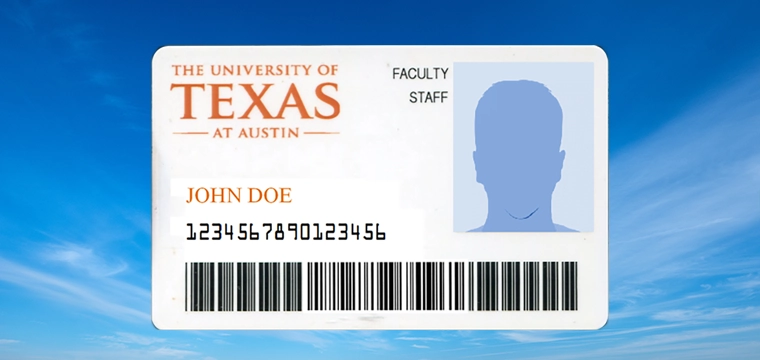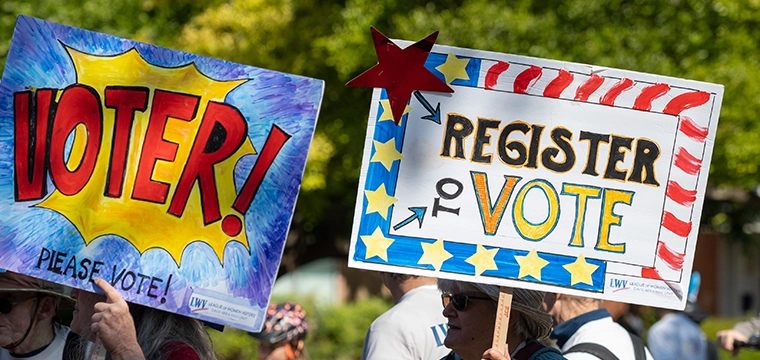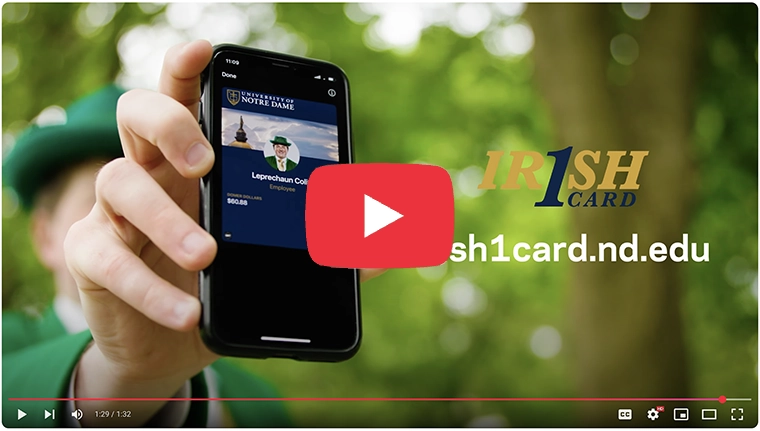
Our cover story this issue explores the divisive topic of data mining the campus card system. It’s a sticky subject that, for many, evokes concerns over student privacy and images of Big Brother.
But imagine there weren’t any limits on our use of card system data. No legal hoops to jump through, no backlash. What could we accomplish?
Take Billy, for example. Billy is a freshman who’s just left home for the first time. He’s living in the dorms and is enrolled in a full slate of challenging courses. Things are coming at him faster than he can handle. Billy’s struggling, but unfortunately no one knows it.
Billy’s academic advisor – one of his first contacts on campus – only sees him for 30 minutes each semester. His RA may see him a couple times a week, in passing, as he heads to his dorm room. Billy’s professors see him in class for an hour or so a couple times each week – along with hundreds of other students – and that’s only if he attends.
And in the unlikely event that Billy decides to seek help, a campus counselor might see him for an hour each week if he keeps his appointments. With busy schedules and social calendars, even Billy’s roommate isn’t guaranteed to see him regularly.
The reality is that Billy’s connections on campus, however numerous they may seem, only see a small fraction of his day. But a campus card system knows Billy well and ‘sees’ him intermittently every day.
Every time Billy swipes into his dorm, visits the library, taps the attendance reader in class, plays basketball at the rec center, buys a coffee at the campus coffee shop, hits the vending machine between classes, or enters a dining hall, the campus card system is plotting data points that illustrate the picture of his day.
When Billy hits a rough patch those data points – and any subsequent blips in transaction patterns – can alert appropriate campus personnel. Hopefully, they will reach out to Billy before things reach dire levels.
It’s reasonable to believe that by examining card data patterns, the deterioration of physical or mental well being can be better identified, helping to prevent everything from poor academic performance and dropouts to campus shootings and assaults.
If we isolate key patterns of successful, engaged students – perhaps indicators like timely access to residence halls, regular dining hall visits, morning coffee purchases prior to class, consistent attendance – we can create a baseline for modeling. Likewise, the data points for struggling, likely-to-drop students will more clearly emerge.
In our imaginary scenario, we can help Billy. But how far is too far? What is the threshold for intervention when a student is struggling and won’t seek help?
These are questions that universities, students and parents alike need to address. It’s not a topic that can be ignored. Card data interpretation isn’t just possible; it’s already being done to various degrees on campuses across the country.
We need to find ways to use data responsibly, and with confidentiality, to affect change on a grander scale than simply refining meal plans or relocating vending machines.
Identifying students that are in need of either physical or mental support could well be the vital missing piece of the puzzle when it comes to preventing both individual academic failure and larger, violent campus tragedies.




